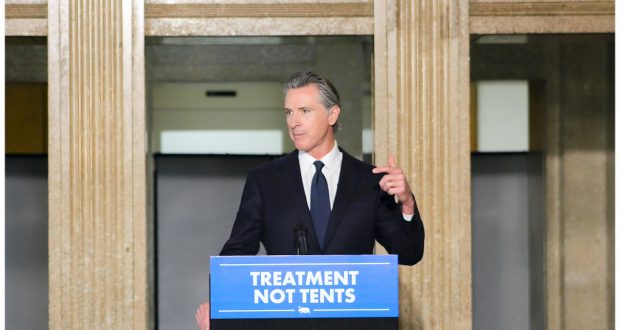By Tanu Henry, Antonio Ray Harvey and Joe W. Bowers Jr. | California Black Media
Gov. Gavin Newsom has signed Senate Bill (SB) 51, which promotes greater diversity in California’s cannabis industry. The bill is authored by California Legislative Black Caucus vice chair Sen. Steven Bradford (D-Inglewood).
Specifically, SB 51 will allow the California Department of Cannabis Control to issue provisional licenses for local cannabis retail equity applicants.
A provisional license allows applicants to operate their business while completing the requirements for an annual license, and eventually become fully licensed participants in the cannabis retail market.
“For California’s legal cannabis market to succeed, it must look like California,” Bradford stated.
“Right now, it doesn’t. Time and time again, I hear from community members who are being boxed out of the industry. Equity applicants deserve an opportunity to stand up a business, obtain a license, and participate in the market.”
So far, the legal cannabis industry in California has lacked diversity. A 2017 survey conducted Marijuana Business Daily found that 81% of cannabis business owners and founders in America were White. Hispanic/Latino and Blacks made up only 10% of cannabis business founders.
While Black people make up approximately 13% of the U.S. population, they represent 1.2% to 1.7% of business owners in the cannabis industry, according to Leafly’s Jobs Report of 2021.
In 2018, Bradford introduced SB 1294, the California Cannabis Equity Act. This law facilitates the participation of individuals from diverse backgrounds and underserved communities in California’s legalized cannabis industry. However, the regulations for an annual license have proven to be a challenge for equity applicants, demonstrating a need for the provisional licensing program authorized by SB 51.
SB 51 will become law on Jan. 1, 2024.
“Equity applicants, who bore the brunt of California’s failed history of cannabis prohibition, are disproportionately impacted by a lack of access to capital and technical support, steep licensing fees, lengthy land-use approvals, environmental requirements, and more,” Newsom said in an Oct. 8 statement.
“While I support the author’s effort to bring temporary relief to equity applicants, this bill does not address the fundamental issues that continue to increase costs and uncertainty for those seeking to participate in the legal market,” Newsom stated.
 Westside Story Newspaper – Online The News of The Empire – Sharing the Quest for Excellence
Westside Story Newspaper – Online The News of The Empire – Sharing the Quest for Excellence





